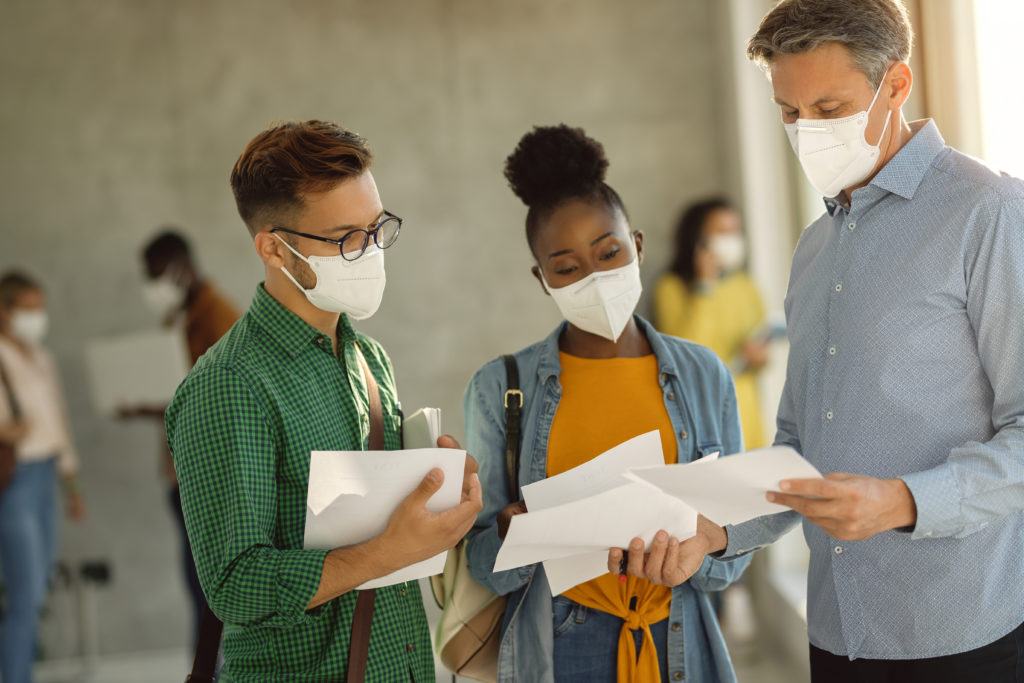The global pandemic has compelled people in every industry to think and act differently. The college experience has been greatly impacted and students and faculty have had to adapt to teaching and learning in radically new ways. Yet, it’s not all bad. Dr. Marian Stoltz- Loike, Dean of Touro’s Lander College for Women and Vice President for Online Education at Touro College, shares the ways in which the coronavirus has affected the overall college experience in positive ways that will last way beyond this crisis.

- Fostered Resilience: Data gathered prior to COVID-19 had shown that today’s students lack resilience. In the face of COVID, the degree of resilience among students has been impressive, if not absolutely astounding. They have persisted in pursuing degrees despite changing rules for learning, testing and performance.
- Demanded Honesty: Exams have been given in multiple formats—remote proctoring, via Zoom, take home exams, etc. Students have been overwhelmingly honest and have acted with academic integrity. Despite temptation and opportunity, students have set an impressively high standard and adhered to it.
- Encouraged Collaboration: Solving many COVID-related problems required collaboration across different organizational functions—between students and faculty, among students, between various college departments. Working together, in some cases for the first time, created a newfound respect for how others operate and forged new partnerships which enabled moving from a vertical to a horizontal structure—more teamwork and less top down management.
- Forced Flexibility: Changes in higher education have typically moved at a glacial pace, with most course material delivered much as it had been a century ago. Generally, faculty delivered courses in the kind of lecture format in which they themselves had been taught. The pandemic forced a rapid change as faculty (and students) began employing new ways to teach and learn. This development has expanded college professors’ toolbox and broadened the minds of their students.
- Personal Connections: Many faculty members have routinely begun smaller classes and seminars with several minutes of general conversation with students. They may chat about family, plans for down time, favorite recipes, post-graduation plans, or whatever. In the absence of classroom courses, these conversations have helped forge connections among students and between faculty and students.